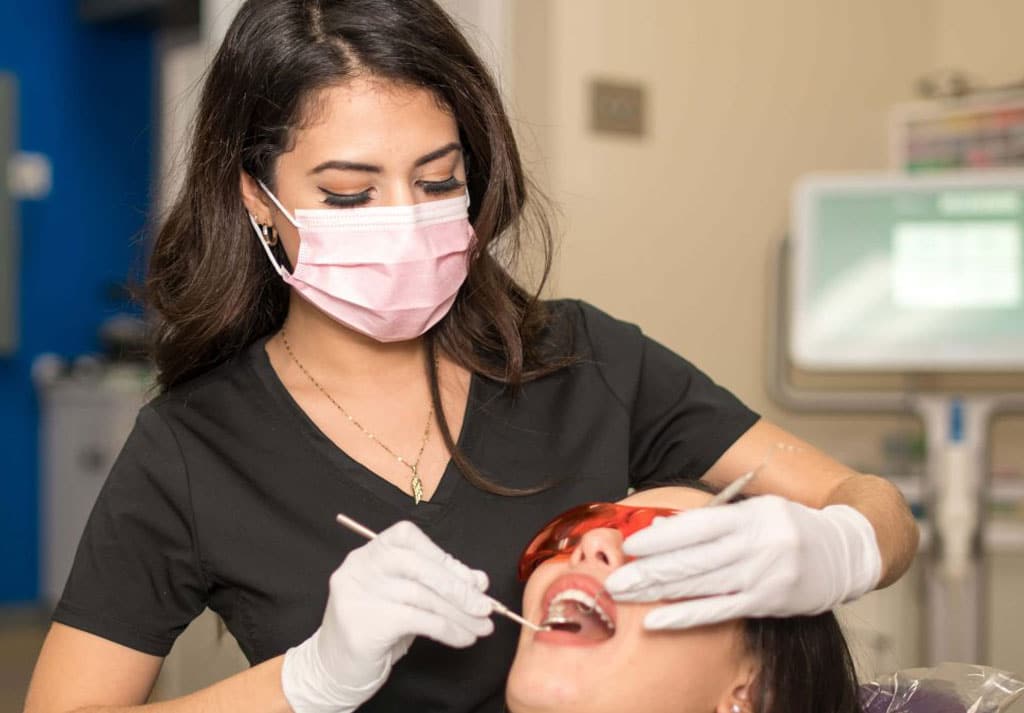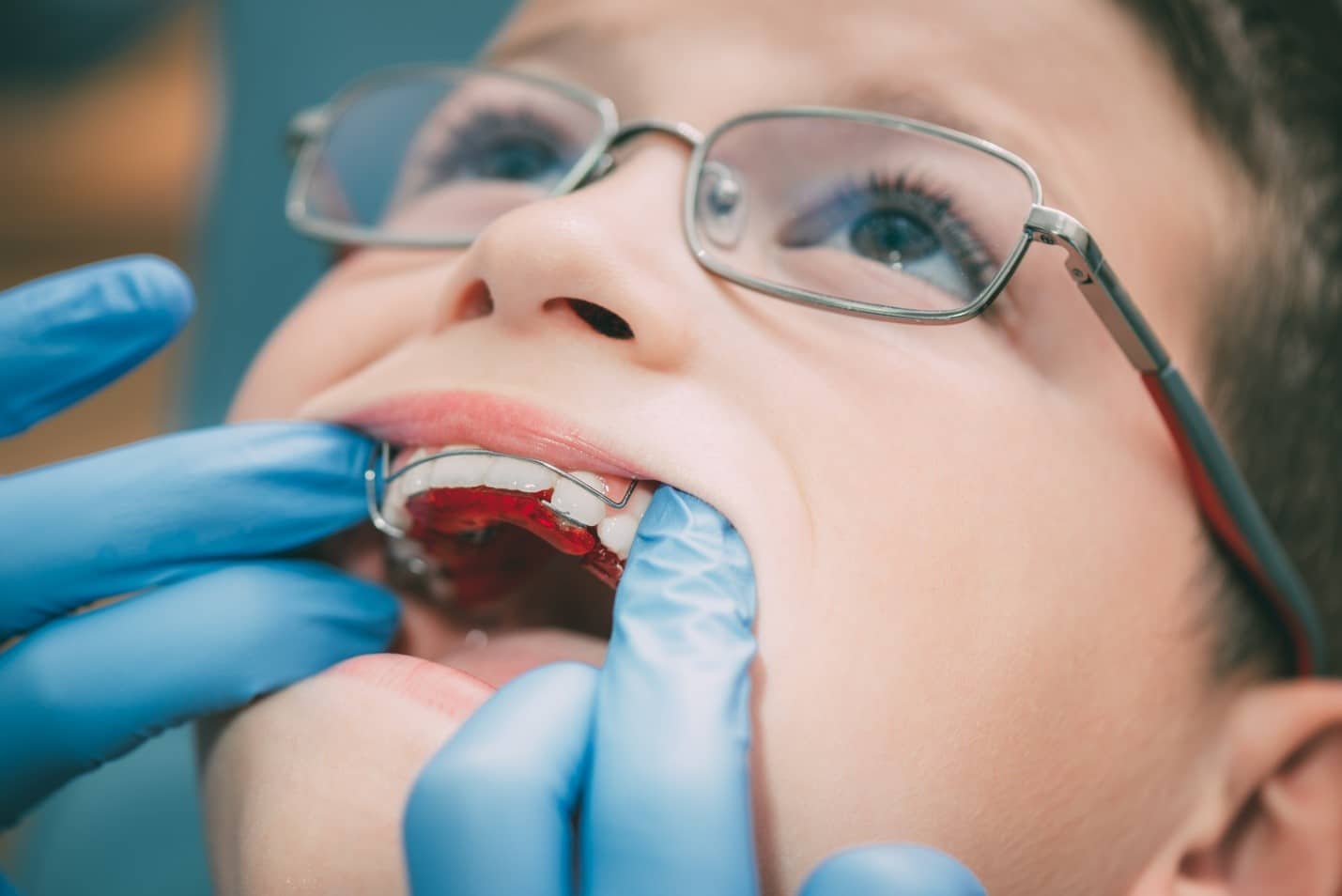Braces work wonders to straighten teeth and improve bite problems. However, sometimes, braces alone cannot work, and patients may need help. Braces have metal brackets around the back teeth that hold the wire to straighten your teeth, but a bad bite can harm those brackets. A bite block is used to protect the teeth.
What is a Bite Block?
During orthodontic treatment, a bite block, ramp, or turbo is intended to prevent your upper and lower teeth from coming into contact. By doing this, you may avoid breaking your brackets when you bite. South Miami Orthodontists employs bite blocks to straighten teeth and shorten treatment times.
Why Do People Need Bite Blocks for Braces?
Your orthodontist may consider bite blocks braces to help you realign your bite and protect the brackets on your braces. Furthermore, having bite blocks is advised since teeth in contact with one another might restrict the alignment or straightening procedure.

Common concerns with bite blocks and what you can do to fix them:
Having Issues With Food Chewing
After getting bite blocks attached to your teeth, you may require some time to figure out how to eat with braces. Wearing bite blocks can alter the function of your jaw muscles, and many bite block users face the same. But slowly, you will get used to it. If you still have pain while eating food, talk to your orthodontist about it. Talking to your orthodontist can help solve many problems.
Sensing Pain and Discomfort
Some people experience pain and discomfort when braces are first put on. Bite blocks can significantly increase pain and discomfort because they cause difficulty chewing. You can take medication that relieves pain, such as ibuprofen (Advil or Motrin) or acetaminophen (Tylenol). Consult with your South Miami orthodontist and take the recommended medications.

Speech Restriction
Bite blocks can make speaking difficult for certain people as they interrupt the way their tongues are spoken. This causes speaking problems. Therefore, people with blocks attached to the inside surface of their teeth especially experience pain. The simplest way to solve this is to continue practicing speaking, even if it pains to speak slowly, using simple words and working your way up to more complicated statements. This will help you learn to talk with the bite blocks.
Having Damaged or Missing Blocks
The orthodontist advises visiting your dentist soon if you feel your blocks aren't working correctly and your bite blocks aren't keeping your teeth apart. Replace them sooner to begin the process again, or it may take more time to complete the treatment.
Summing Up:
Bite blocks take time to adjust in your mouth, and many people may not have the same issues. Talk to your orthodontist if you have any problems related to bite blocks or braces. Clearing your doubts is necessary for a successful treatment. Talk to your orthodontist and book an appointment for more information about bite blocks! Visit the best rated orthodontist near you and start your treatment for a beautiful smile that shines brightly.
Comments